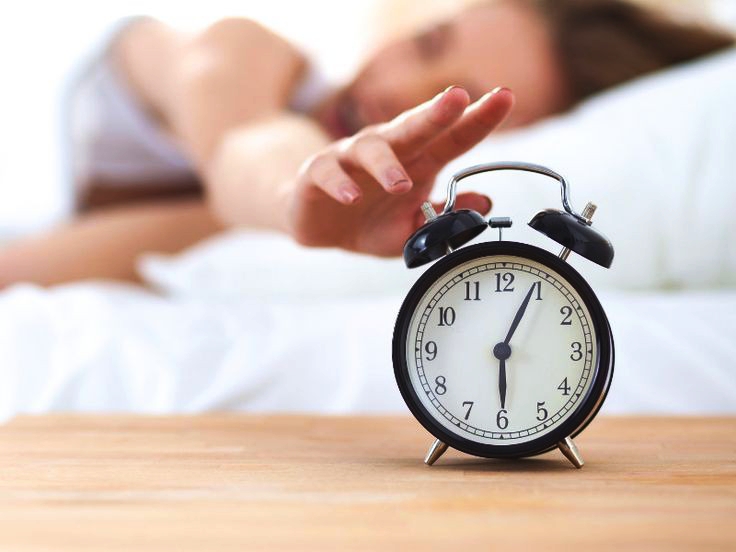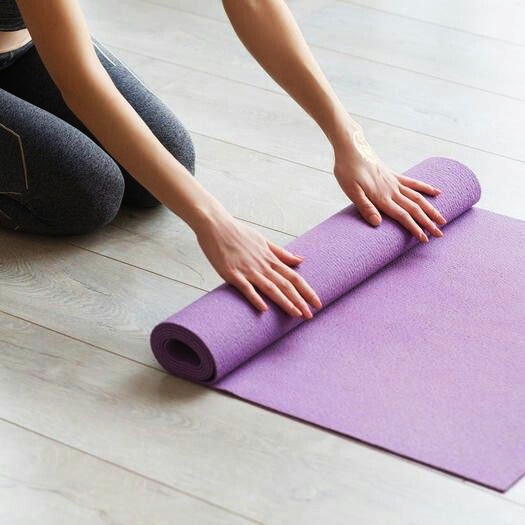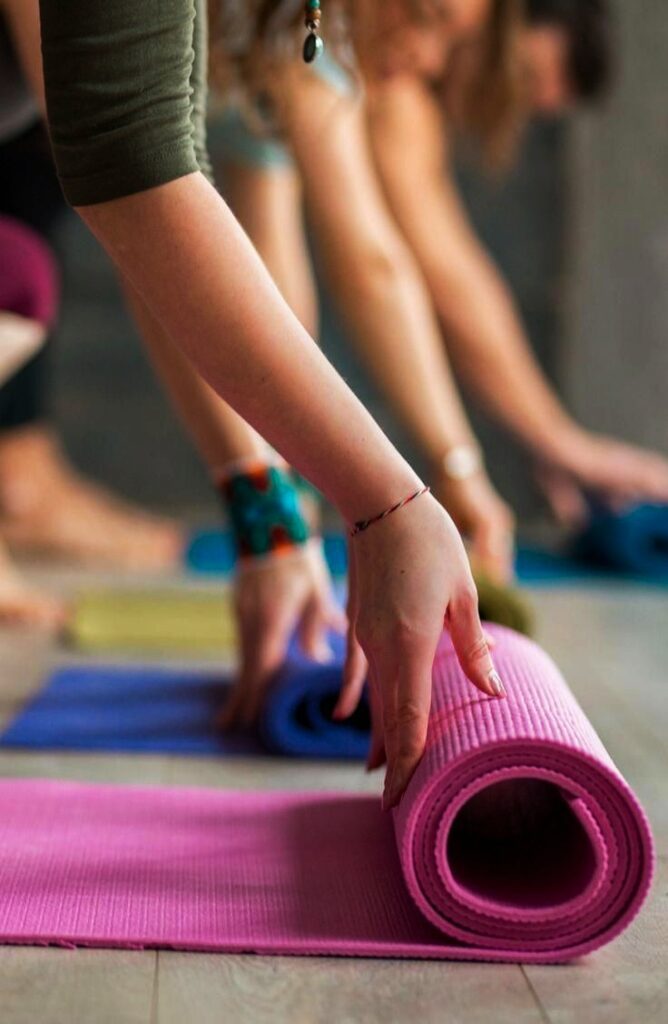How Physical Activity Boosts Your Mind!!
Mental health is just as important as physical health, and one of the most effective ways to improve mental well-being is through regular exercise. Numerous studies have shown that physical activity can reduce stress, anxiety, and depression while enhancing mood, cognitive function, and overall well-being. In this article, we will explore how exercise positively impacts mental health, the science behind it, and the best types of exercises to improve mental well-being.

How Exercise Affects the Brain:
Exercise is not just about building muscle or improving endurance; it also has profound effects on the brain. When you engage in physical activity, several physiological and chemical changes occur that benefit mental health.
1. Release of Feel-Good Chemicals:
Exercise stimulates the release of endorphins, often called “feel-good hormones,” which help reduce pain and increase happiness. It also boosts levels of dopamine, serotonin, and norepinephrine, neurotransmitters associated with mood regulation and stress relief.
2. Reduction in Stress Hormones:
When you work out, your body reduces the production of cortisol, the primary stress hormone. Lower cortisol levels help in managing stress and preventing long-term health issues like anxiety and depression.
3. Improved Brain Function and Memory:
Regular physical activity enhances brain function by increasing blood flow to the brain, promoting the growth of new brain cells, and improving neuroplasticity (the brain’s ability to adapt and learn). This can lead to better concentration, sharper memory, and reduced risk of cognitive decline.

Mental Health Benefits of Exercise:
1. Reduces Symptoms of Depression:
One of the most significant benefits of exercise is its ability to combat depression. Studies suggest that regular exercise can be as effective as antidepressant medication in some cases. It helps regulate mood, improve self-esteem, and create a sense of accomplishment.
2. Lowers Anxiety Levels:
Exercise acts as a natural anxiety reducer. It encourages deep breathing, reduces muscle tension, and provides a distraction from negative thoughts. Activities like yoga, stretching, and mindful walking help calm the nervous system and promote relaxation.
3. Boosts Self-Esteem and Confidence:
Achieving fitness goals, no matter how small, can boost self-confidence. Seeing progress in strength, endurance, or body composition leads to a greater sense of self-worth and a positive body image.

4. Improves Sleep Quality:
People who exercise regularly tend to experience better sleep quality. Physical activity helps regulate the body’s circadian rhythm, leading to deeper sleep and reduced symptoms of insomnia.
5. Enhances Cognitive Function and Focus:
Exercise increases levels of brain-derived neurotrophic factor (BDNF), a protein that supports brain cell growth and function. This leads to improved memory, learning ability, and problem-solving skills.
6. Provides a Natural Energy Boost:
Instead of relying on caffeine or energy drinks, exercising naturally boosts energy levels by improving blood circulation and oxygen supply to muscles and organs. This results in greater stamina and reduced feelings of fatigue.
7. Encourages Social Interaction:
Engaging in group workouts, sports, or fitness classes can help individuals build social connections, reducing feelings of loneliness and isolation. Positive social interactions contribute to better emotional health.

Best Types of Exercise for Mental Health:
Different types of exercise offer unique benefits for mental well-being. Here are some of the best options:
1. Aerobic Exercise (Cardio):
Running, jogging, cycling, swimming, and dancing
Boosts endorphins and reduces symptoms of depression and anxiety.
Improves heart health and stamina
2. Strength Training:
Weightlifting, resistance bands, and bodyweight exercises
Enhances self-confidence and mental resilience
Helps with stress relief by focusing energy on controlled movements
3. Yoga and Mindfulness Exercises:
Involves stretching, deep breathing, and meditation
Reduces stress and promotes relaxation
Improves flexibility and posture, leading to physical comfort

4. Outdoor Activities:
Hiking, walking in nature, or playing sports
Exposure to sunlight boosts vitamin D levels, which is linked to better mood.
Nature therapy helps lower stress and improve mental clarity
5. Team Sports:
Basketball, football, tennis, or group fitness classes
Encourages social interaction and teamwork
Provides a sense of community and belonging
How to Make Exercise a Habit for Mental:
Well-Being Starting an exercise routine for mental health doesn’t have to be overwhelming.Here are some tips to stay consistent:
1. Set Realistic Goals:
Begin with small, achievable goals, like walking for 20 minutes a day or doing yoga twice a week.
2. Find Activities You Enjoy:
Choose exercises that you find fun—dancing, hiking, swimming, or cycling—so it doesn’t feel like a chore.
3. Create a Routine:
Schedule workouts at the same time each day to develop a habit. Morning workouts can boost mood for the rest of the day, while evening exercises help with relaxation.
4. Exercise with a Friend:
Working out with a friend or joining a fitness class adds motivation and accountability.

5. Listen to Music or Podcasts:
Listening to upbeat music or interesting podcasts can make workouts more enjoyable and engaging.
6. Track Progress:
Keeping a journal or using a fitness app can help track progress and stay motivated.
7. Be Kind to Yourself:
Some days will be harder than others, and that’s okay. Listen to your body and adjust your routine accordingly.
Conclusion:
Exercise is one of the most powerful tools for improving mental health. It reduces stress, anxiety, and depression while boosting mood, confidence, and cognitive function. Whether it’s running, yoga, strength training, or simply taking a walk, incorporating regular physical activity into your lifestyle can lead to long-term mental well-being.
Start small, stay consistent, and enjoy the mental and physical benefits that exercise brings. Your mind and body will thank you!





